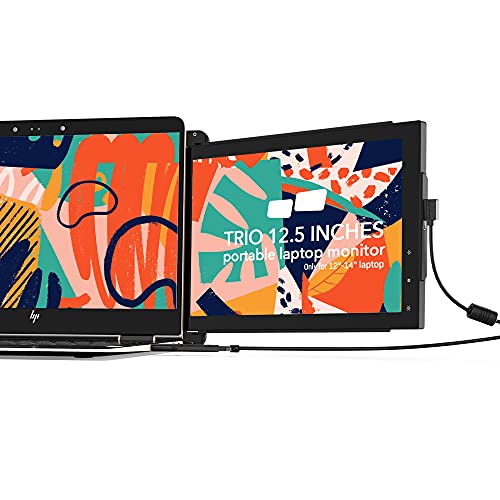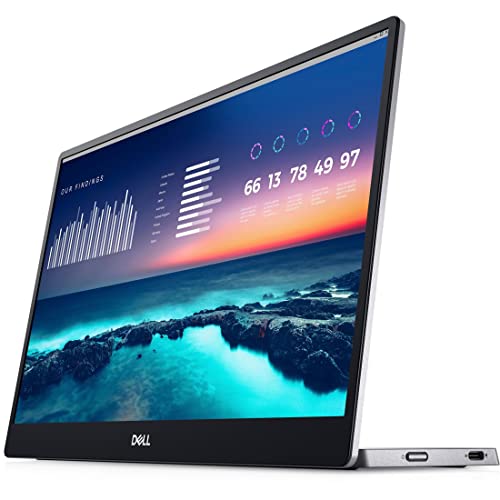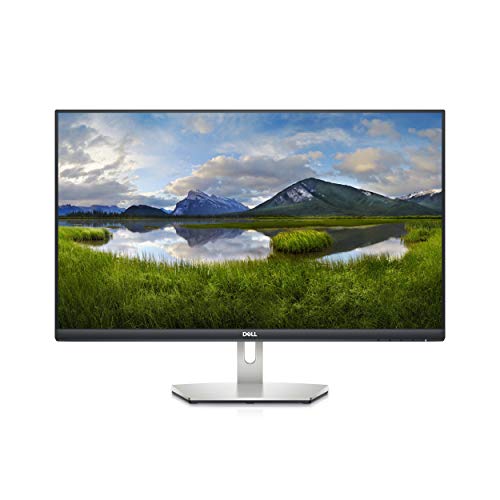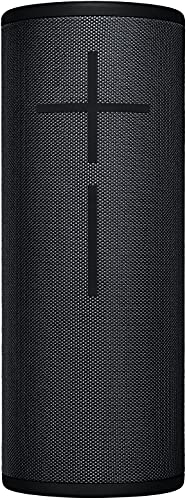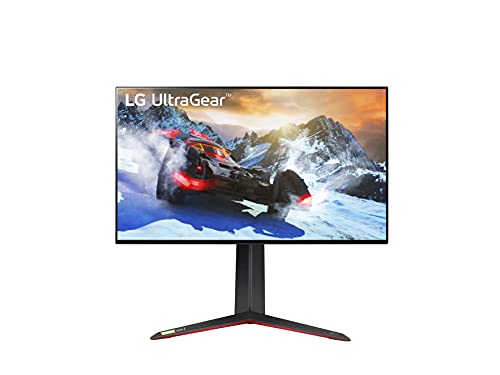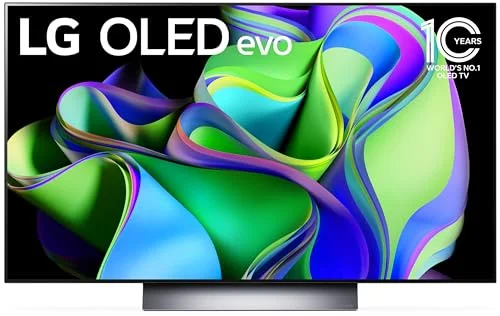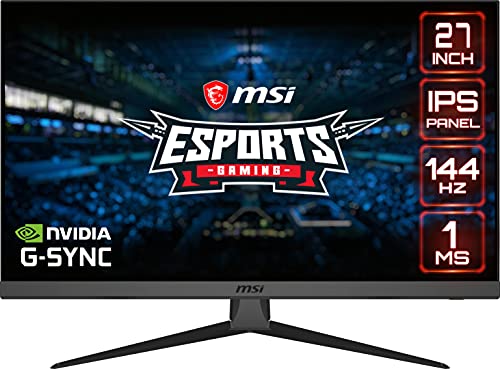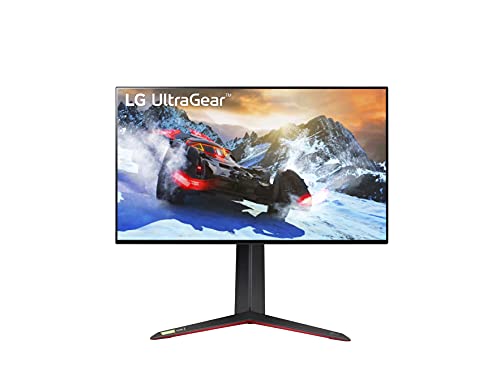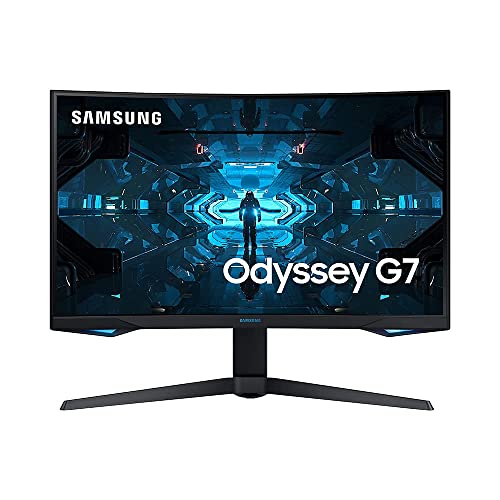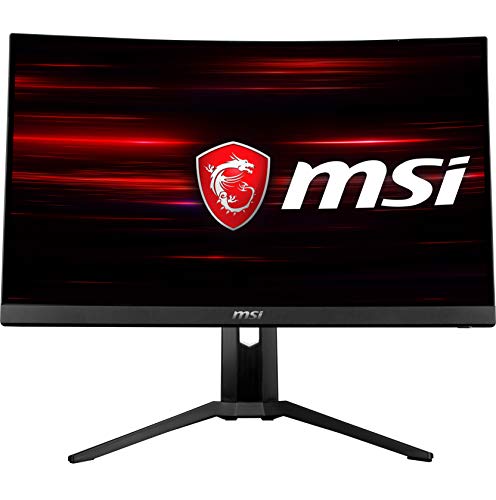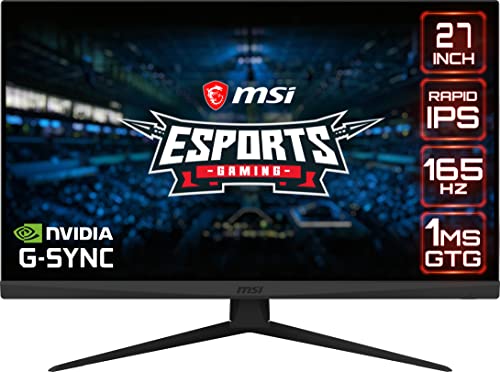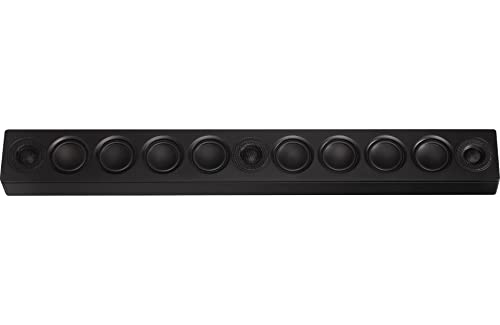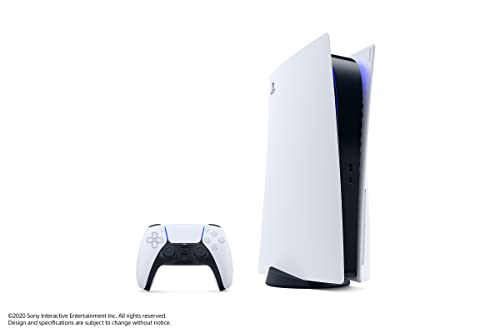If you are shopping for a brand new display, you may be looking to compare refresh rate vs response time. The best computer monitors, after all, tend to list a number of crucial specifications, refresh rate, and response time among them. What are the differences between the two and do you need to keep an eye on both while shopping? Keep reading this article to find out.
KEY TAKEAWAYS:
- Refresh rate and response time cannot be directly compared, as they are two separate data metrics.
- A monitor’s rate of refresh refers to the number of times it completely refreshes itself per second.
- If you don’t know what response time is on a monitor, a monitor’s response time refers to how quickly it can perform a number of actions, such as changing colors and the like.
Differences Between Refresh Rate and Response Time
First of all, this is not an either/or type scenario. Modern displays should have decent specs that include a quick rate and a low time, like the top-rated 120Hz gaming monitors. In other words, they are not at odds with one another, like when you are comparing a computer monitor with VGA vs HDMI ports. They each provide a service, which will be detailed below.
Insider Tip
Be sure to weigh any advertised specs against your graphics card and your CPU.
What is Refresh Rate?
Refresh rate refers to how many times your top 75Hz monitor can display a brand new image per second. Visit our resource guide to learn how to check a monitor’s refresh rates. In most cases, the higher the better. Refresh rate is measured in a format called Hz. When a monitor is said to feature a 60Hz refresh rate, that means it completely refreshes the screen 60 times per second. Modern displays typically feature a 120Hz or 144Hz rate, with a new gaming monitor leaning on the higher side.
Why is Refresh Rate Important?
In most cases, you would not even notice the rate of a refresh. If you are working on a document, surfing the web, or even watching a movie, even a slower rate will get the job done. Ultra-fast refresh rates are of paramount importance, however, when looking for a premium gaming experience or when accessing a high-grade game mode, which is why G-Sync and FreeSync are important to consider if you’re an avid gamer. This is especially true with playing cutting-edge competitive games, though may not be that important to casual gamers. If you are looking to compare HDMI vs DVI cables, you may notice that the latter cannot handle certain high rates.
What is Response Time?
Response time is a measurement of the amount of time required to perform a certain pixel-related action. The action itself is not important, as a monitor conducts hundreds of different actions per second. The time, however, is extremely important. When it comes to this time, it is measured in milliseconds, and the lower the better. In other words, a 1ms response time is better than a 5s time.
Why is Response Time Important?
The lower the response time, the less chance you have of experiencing screen blurring, screen tearing, and other digital artifacts on your monitor model. Again, response time won’t be too important while surfing the web, so you could probably tolerate a slow response time. However, the like will be extremely important while playing modern video games that involve depicting fast motion and movement using frame rates. It is also fairly important while editing videos and performing other creative tasks.
F.A.Q.S
How does pixel response time impact refresh rate and input lag?
There is some correlation, but in most cases, these metrics are separate, particularly input lag. Though the rate of refresh and time to respond are correlated.
I do need to play at native refresh rate at all times?
No. Change it up as you see fit to get the best overall gaming experience, particularly while engaging in competitive gaming.
Can you trust the data given by the manufacturer in terms of response times?
Sometimes, though it depends on the overall reliability of the manufacturer itself, the panel type used, whether or not it is a gaming monitor, and more. An advertised maximum refresh rate may only exist in perfect scenarios.
STAT: To get the best gaming monitor performance, response times need to be lower in relation to rising refresh rates. That’s why 144Hz panels should be as close to 1ms as possible. (source)
REFERENCES:
- https://www.benq.com/en-ap/knowledge-center/knowledge/gaming-monitor-input-lag-versus-response-time-whats-the-difference-and-why-should-i-care.html
- https://www.benq.com/en-us/knowledge-center/knowledge/144hz-1ms-gaming-monitor.html
- https://dl.acm.org/doi/abs/10.1145/3355088.3365170r
- https://en.wikipedia.org/wiki/Response_time_(technology)
- https://en.wikipedia.org/wiki/Refresh_rate

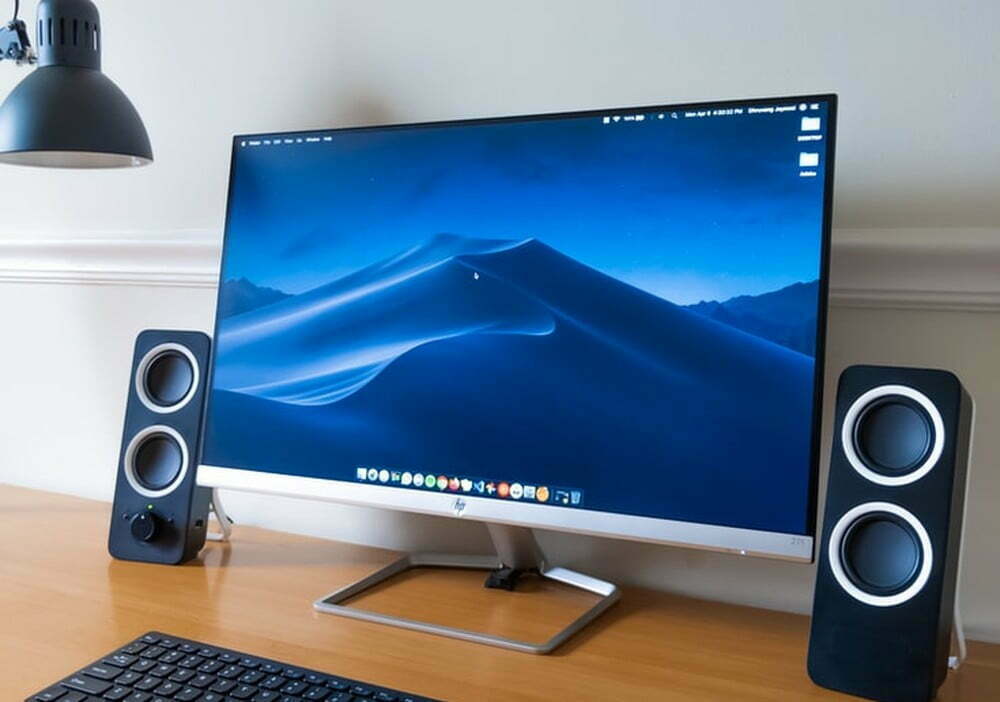















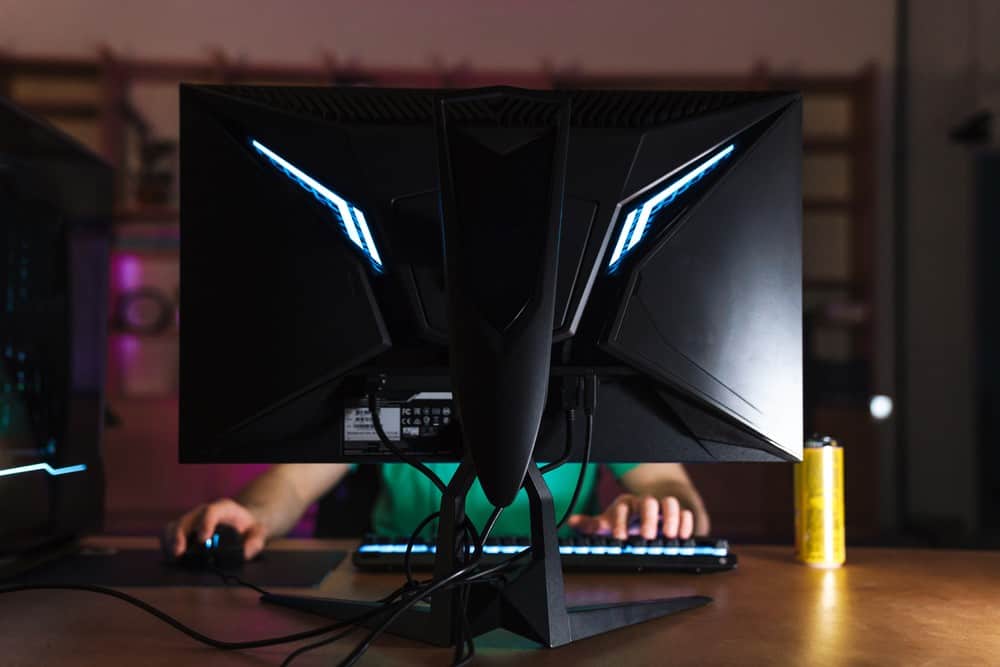
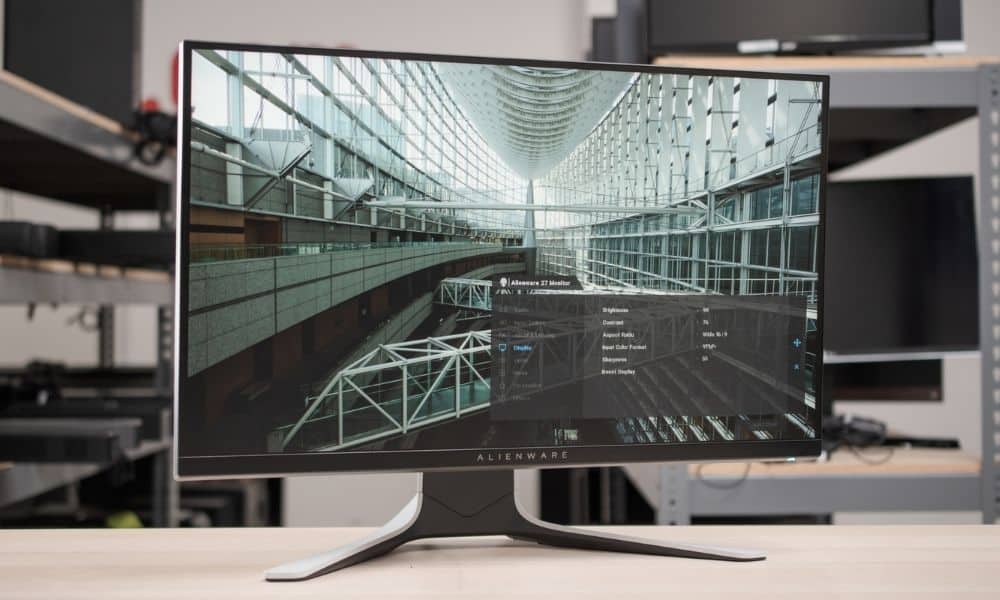
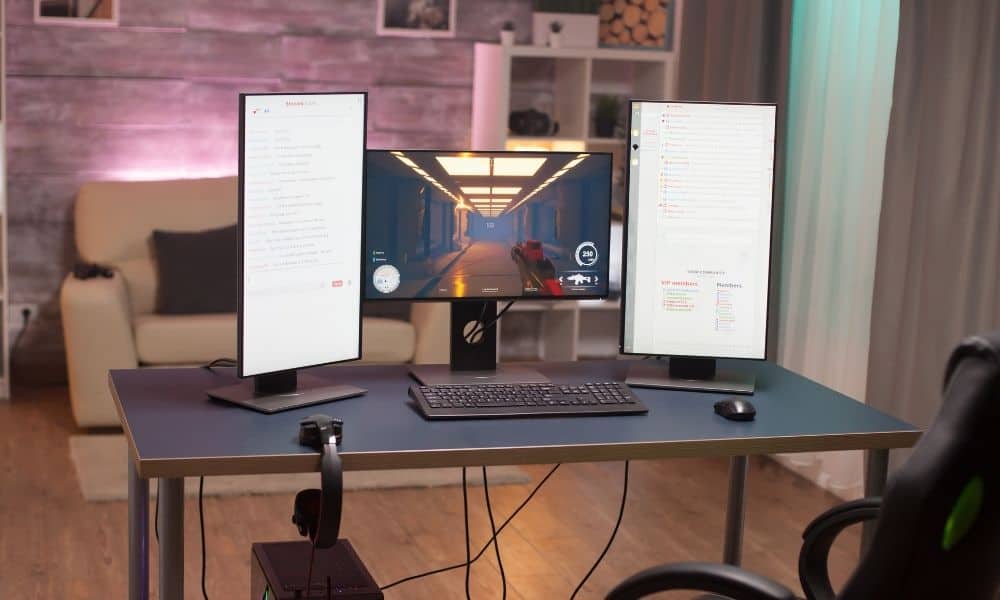

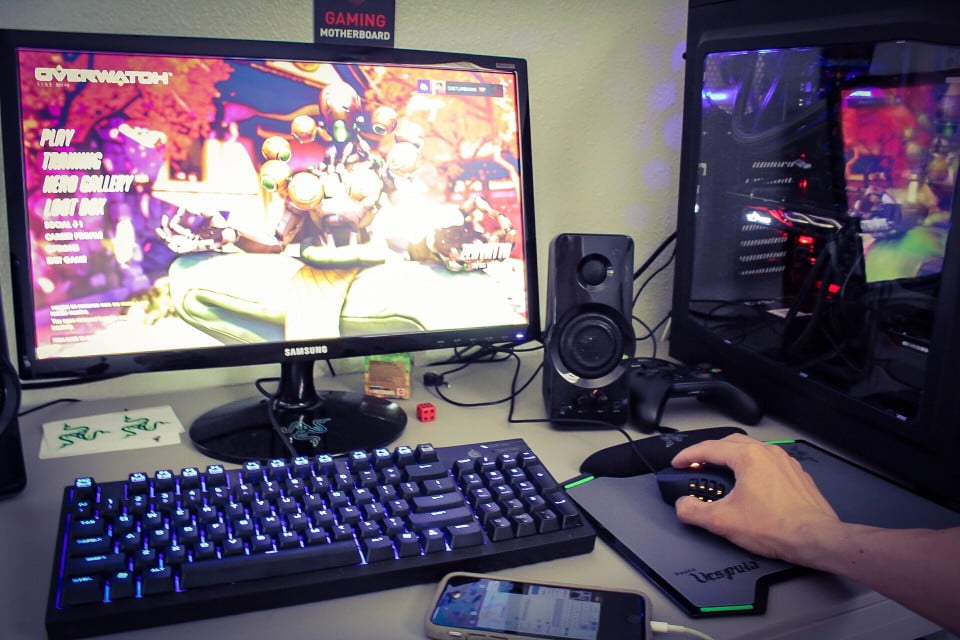
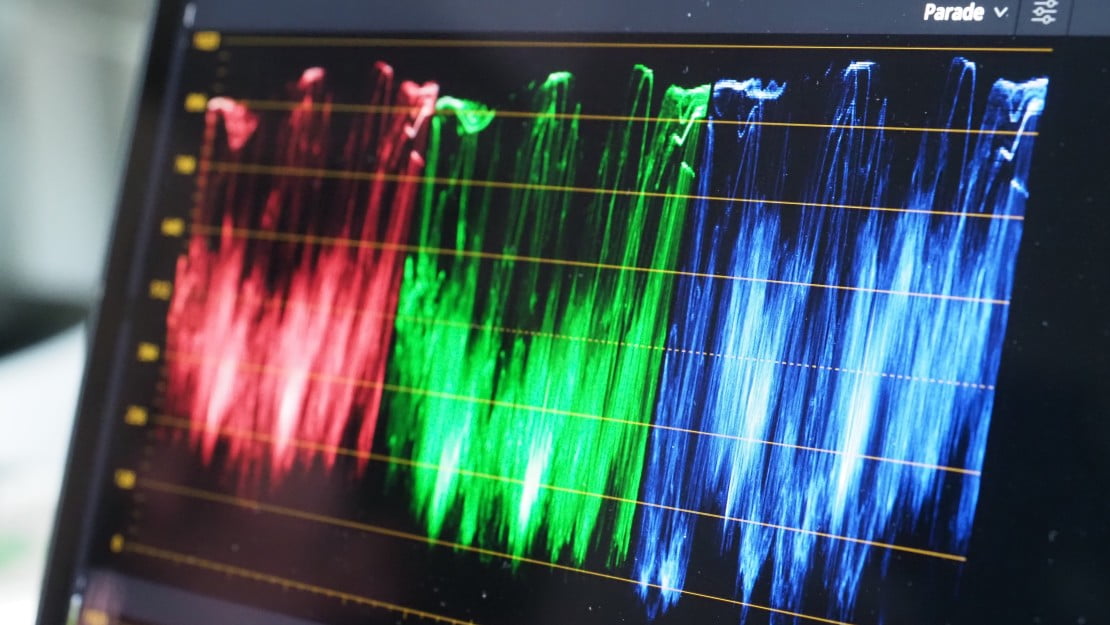

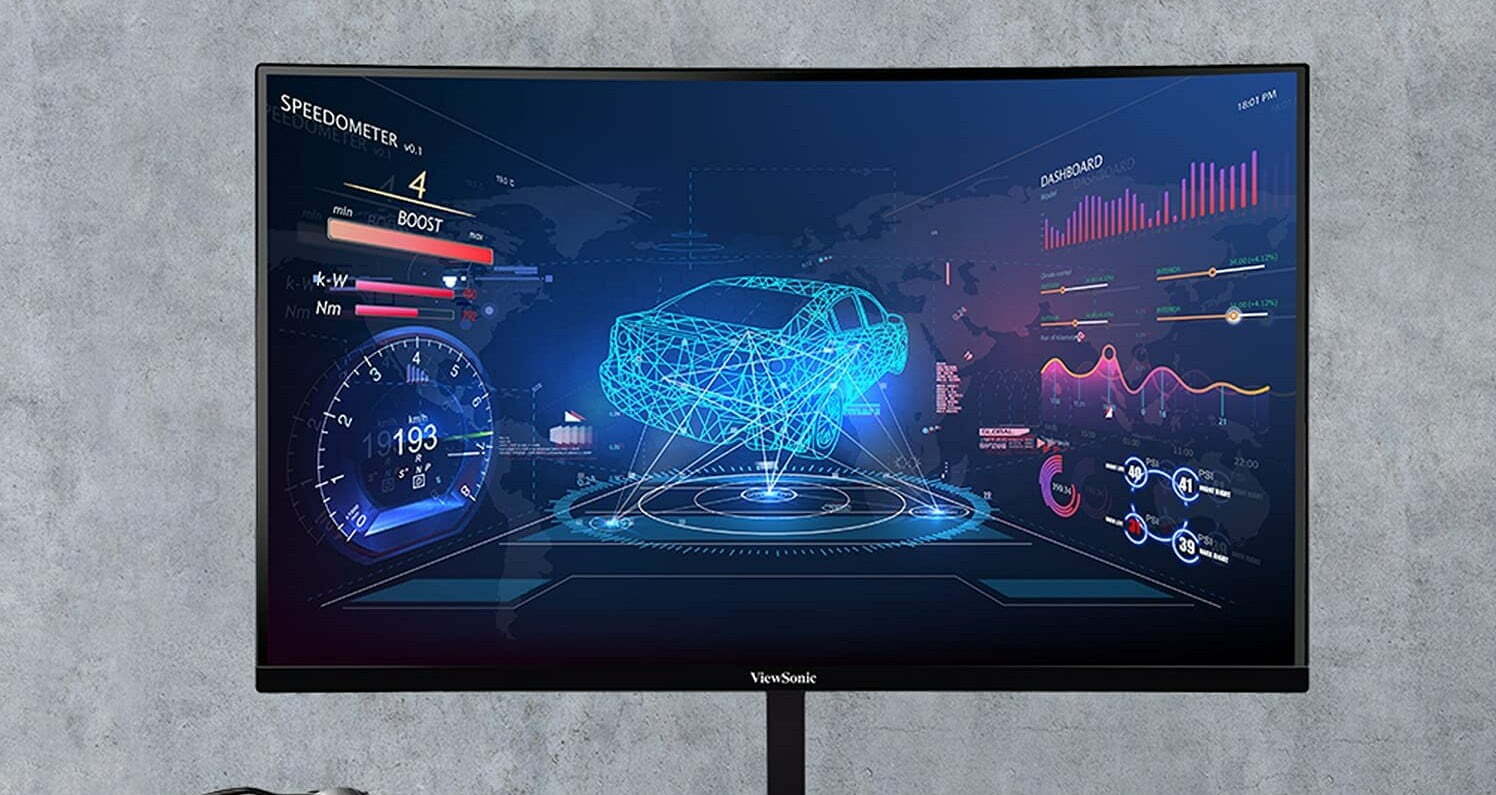
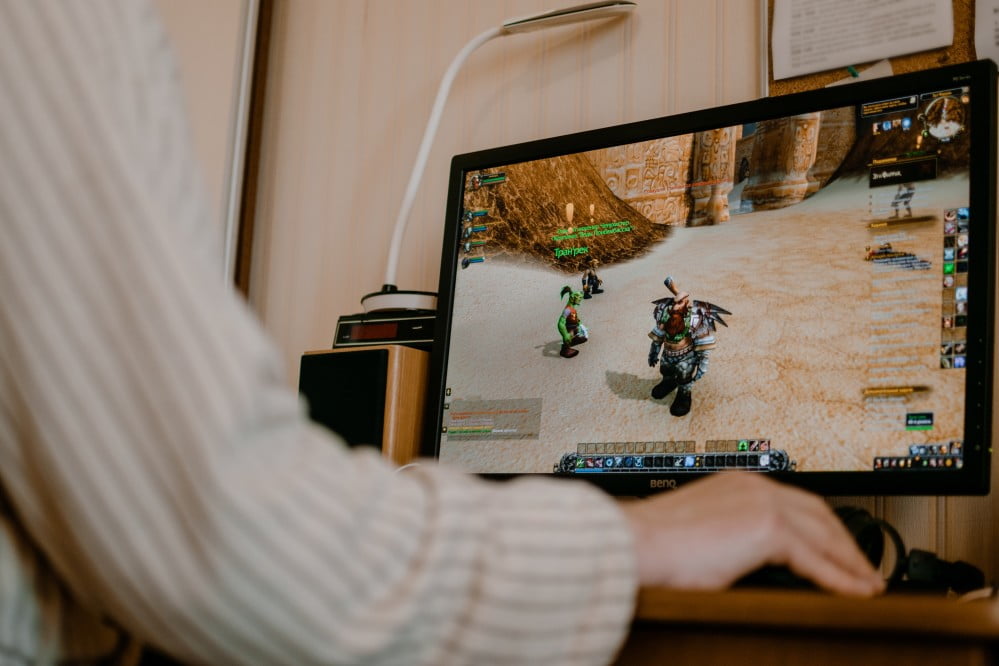


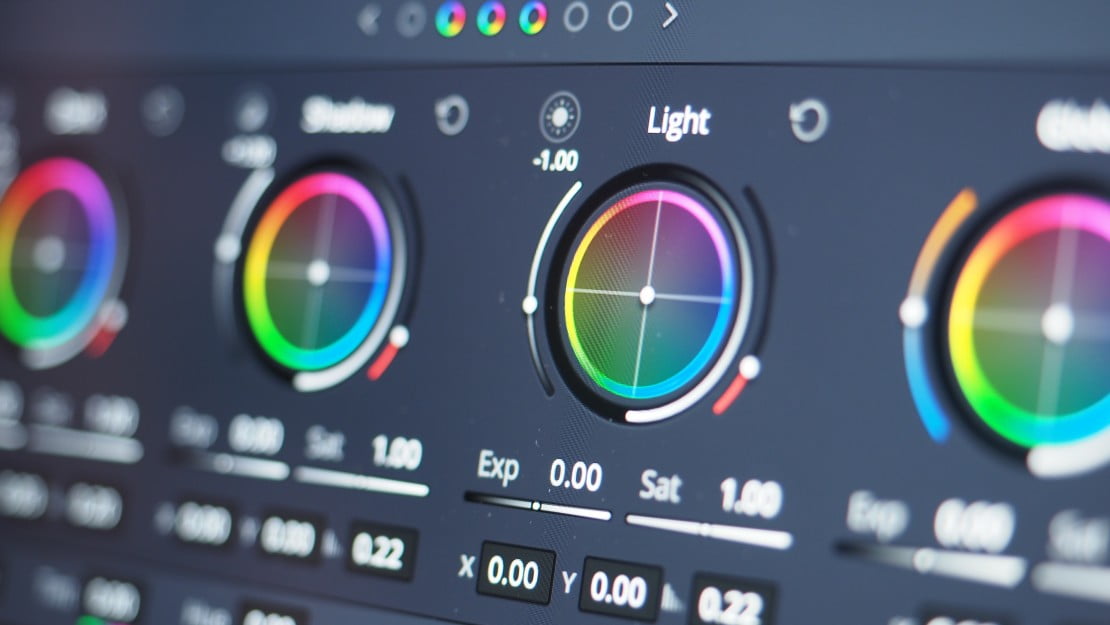

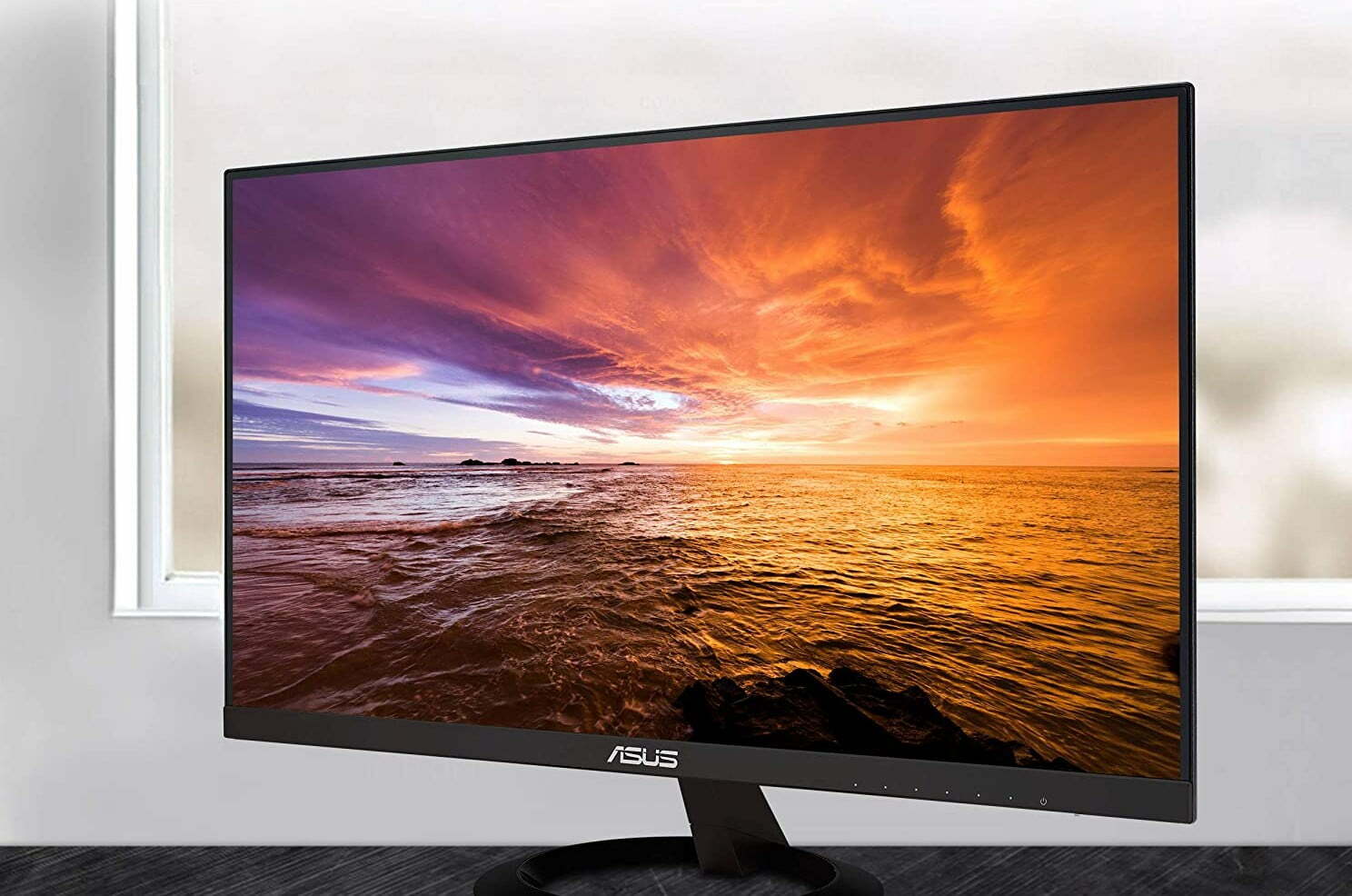

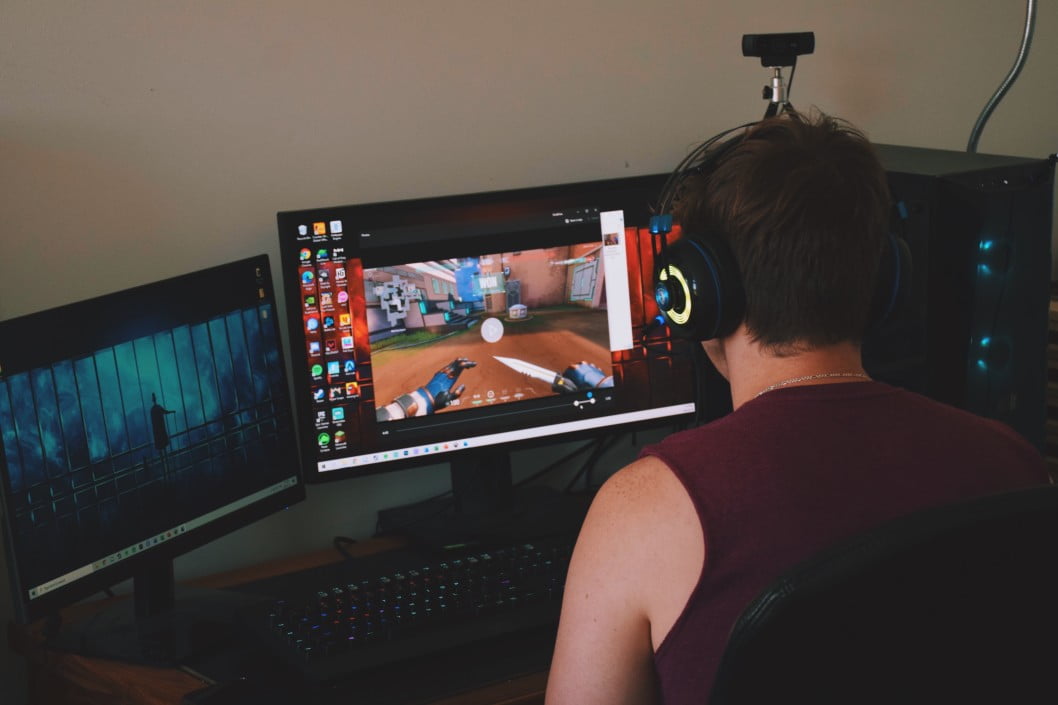
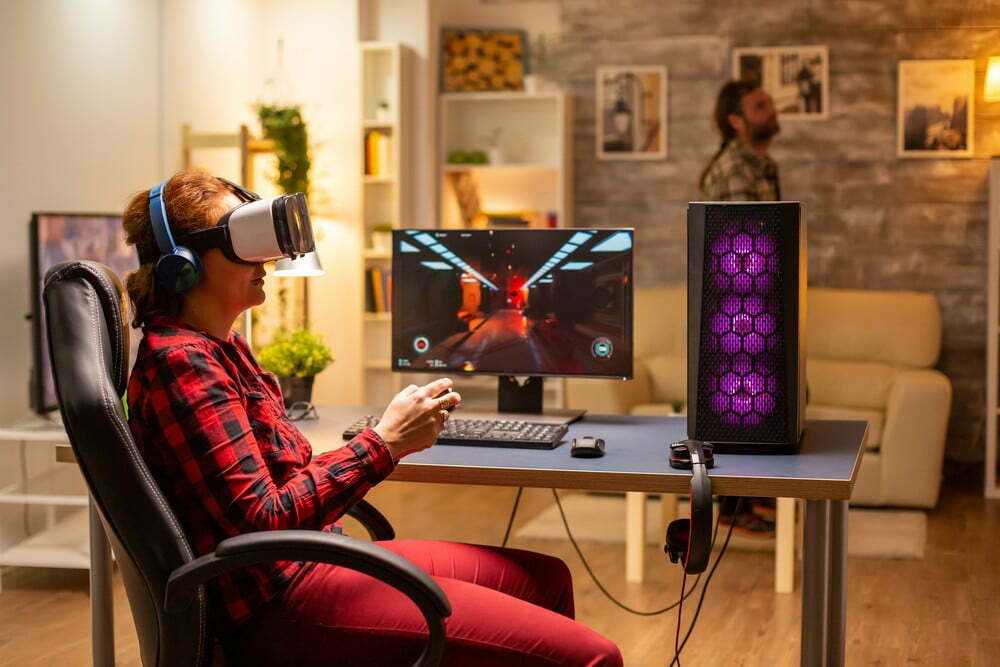
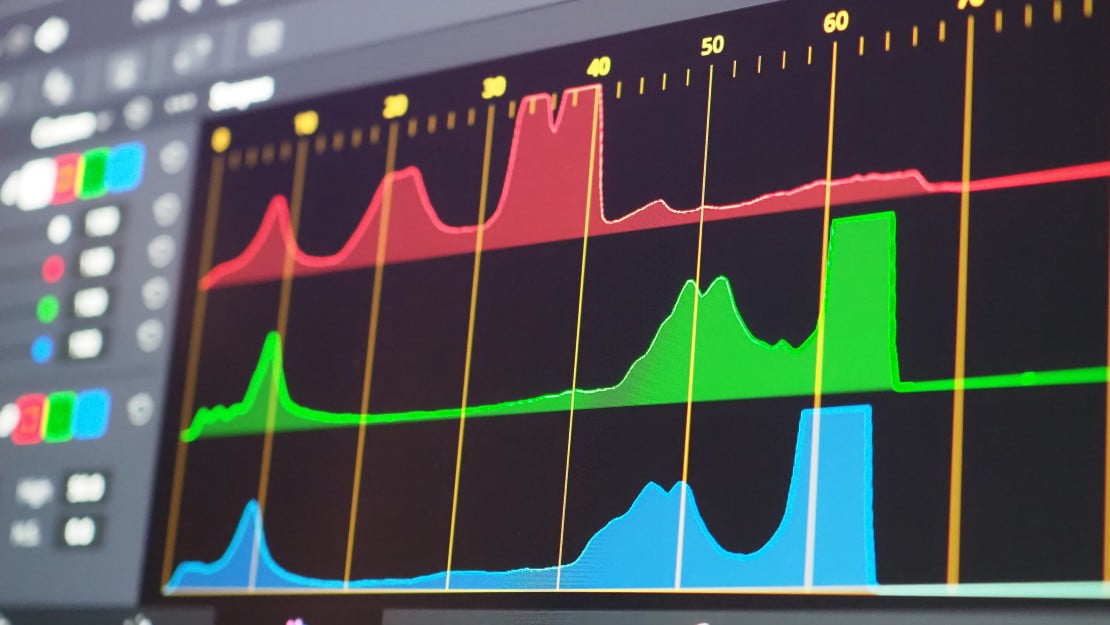
![Best 27 Inch Computer Monitor in [year] 27 Best 27 Inch Computer Monitor in 2026](https://www.gadgetreview.dev/wp-content/uploads/how-to-buy-the-best-computer-monitor.jpg)
![Best BenQ Monitors in [year] 28 Best BenQ Monitors in 2026](https://www.gadgetreview.dev/wp-content/uploads/best-benq-monitor-image.jpg)
![Best ASUS Monitors in [year] 29 Best ASUS Monitors in 2026](https://www.gadgetreview.dev/wp-content/uploads/best-asus-monitor-image.jpg)
![Best Dell Monitors in [year] 30 Best Dell Monitors in 2026](https://www.gadgetreview.dev/wp-content/uploads/best-dell-monitor-image.jpg)
![Best HP Monitors in [year] 31 Best HP Monitors in 2026](https://www.gadgetreview.dev/wp-content/uploads/best-hp-monitor-image.jpg)
![Best Lenovo Monitors in [year] 32 Best Lenovo Monitors in 2026](https://www.gadgetreview.dev/wp-content/uploads/best-lenovo-monitor-image.jpg)
![Best ViewSonic Monitors in [year] 33 Best ViewSonic Monitors in 2026](https://www.gadgetreview.dev/wp-content/uploads/best-viewsonic-monitor-image.jpg)
![Best Gigabyte Monitors in [year] 34 Best Gigabyte Monitors in 2026](https://www.gadgetreview.dev/wp-content/uploads/best-gigabyte-monitor-image.jpg)
![Best Monitors for PS4 Pro Gaming in [year] 35 Best Monitors for PS4 Pro Gaming in 2026](https://www.gadgetreview.dev/wp-content/uploads/best-monitors-for-ps4-pro-image.jpg)
![Best Monitor for Xbox Series X in [year] 36 Best Monitor for Xbox Series X in 2026](https://www.gadgetreview.dev/wp-content/uploads/best-monitor-for-xbox-series-x-image.jpg)
![Best Acer Monitors in [year] 37 Best Acer Monitors in 2026](https://www.gadgetreview.dev/wp-content/uploads/best-acer-monitor-image.jpg)
![Best MSI Monitors in [year] 38 Best MSI Monitors in 2026](https://www.gadgetreview.dev/wp-content/uploads/best-msi-monitor-image.jpg)
![Best SAMSUNG Monitors in [year] 39 Best SAMSUNG Monitors in 2026](https://www.gadgetreview.dev/wp-content/uploads/best-samsung-monitor-image.jpg)
![Best LG Monitors in [year] 40 Best LG Monitors in 2026](https://www.gadgetreview.dev/wp-content/uploads/best-lg-monitor-image.jpg)
![Best AOC Monitors in [year] 41 Best AOC Monitors in 2026](https://www.gadgetreview.dev/wp-content/uploads/best-aoc-monitor-image.jpg)
![Best Philips Monitors in [year] 42 Best Philips Monitors in 2026](https://www.gadgetreview.dev/wp-content/uploads/best-philips-monitors-image.jpg)
![Best Monitors For PUBG in [year] 43 Best Monitors For PUBG in 2026](https://www.gadgetreview.dev/wp-content/uploads/best-monitor-for-pubg-image.jpg)
![Best Stream Decks in [year] 44 Best Stream Decks in 2026](https://www.gadgetreview.dev/wp-content/uploads/best-stream-deck-image.jpg)
![Best Monitors for Streaming in [year] 45 Best Monitors for Streaming in 2026](https://www.gadgetreview.dev/wp-content/uploads/best-monitor-for-streaming-image.jpg)
![Best Monitors For Flight Simulator in [year] 46 Best Monitors For Flight Simulator in 2026](https://www.gadgetreview.dev/wp-content/uploads/best-monitor-for-flight-simulator-image.jpg)
